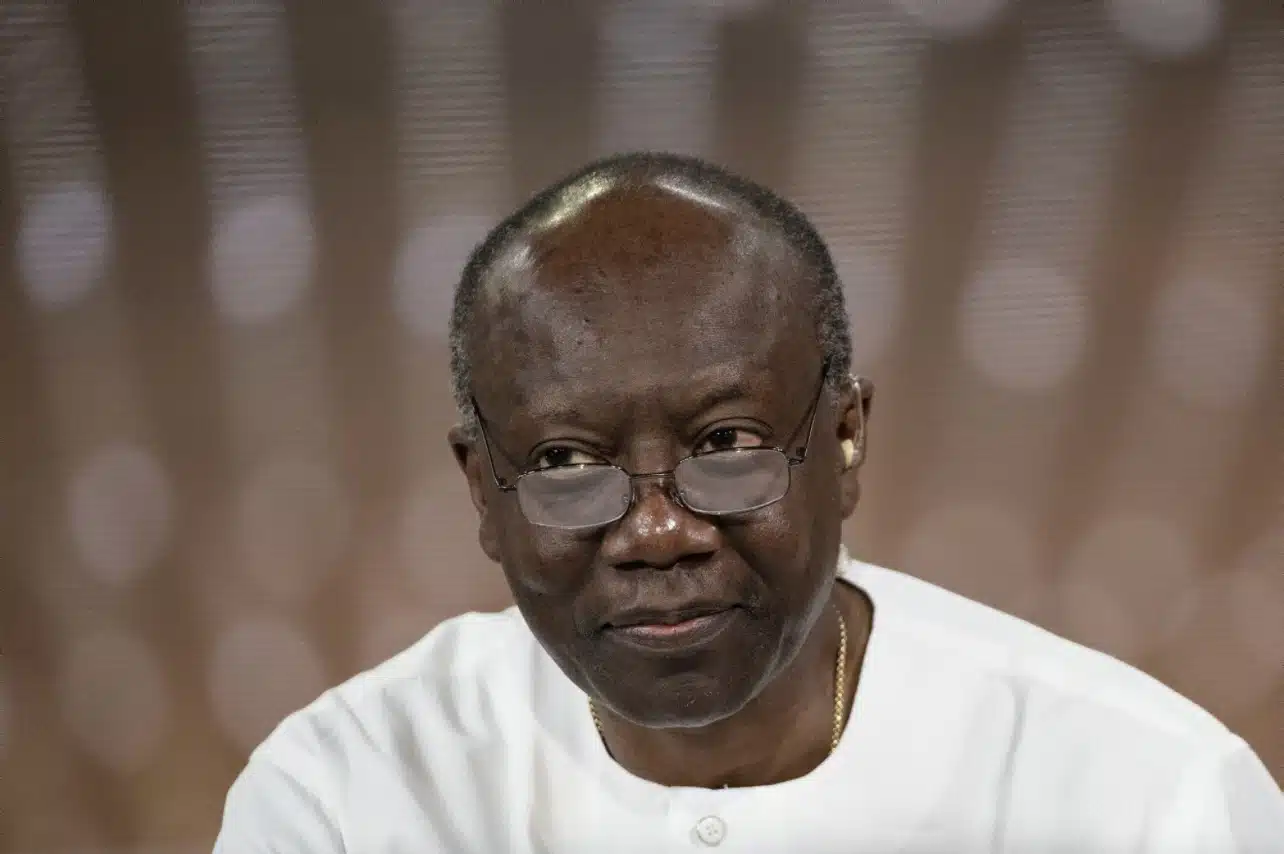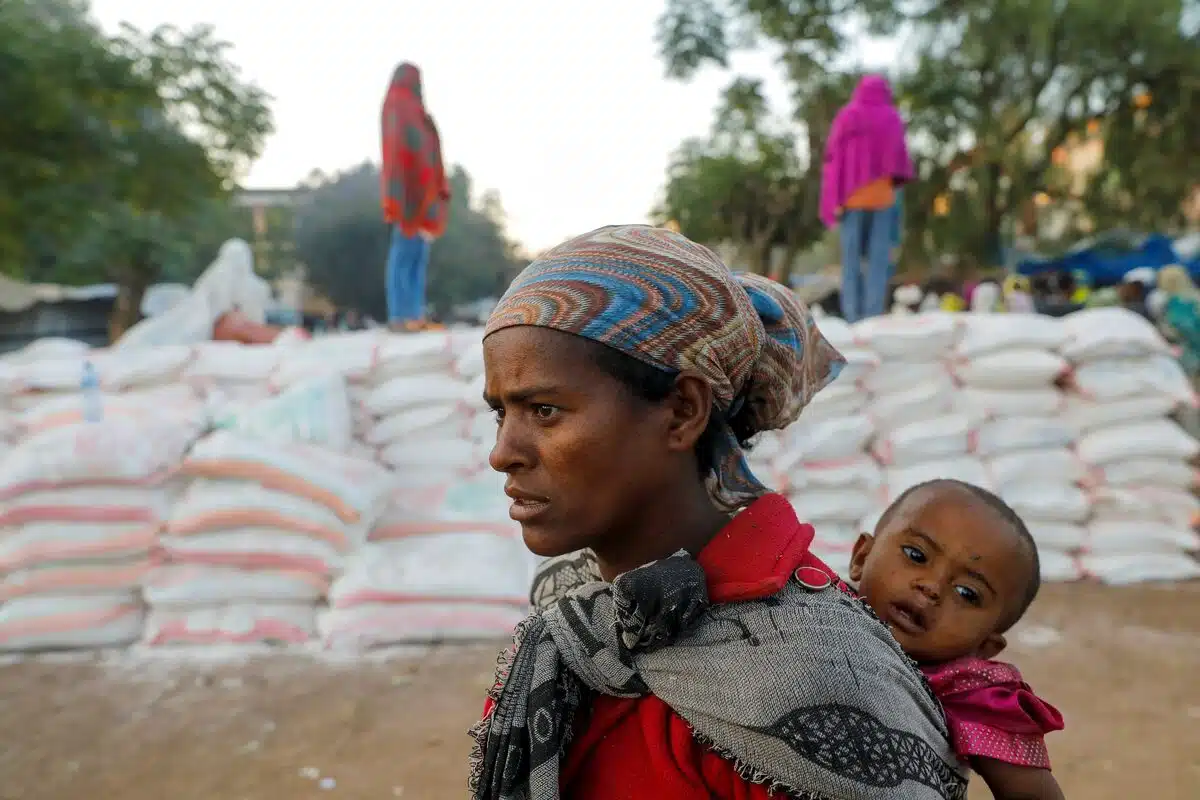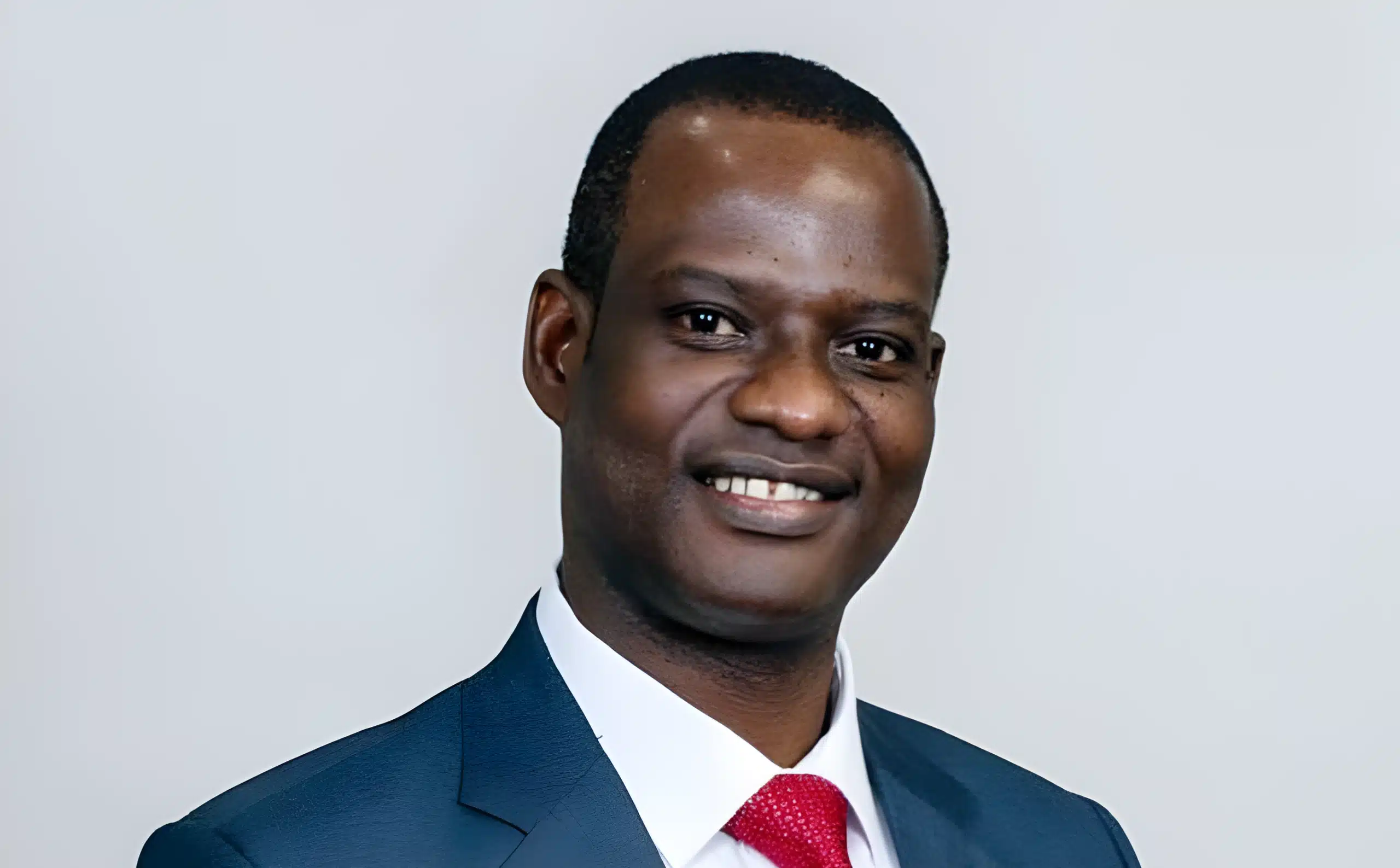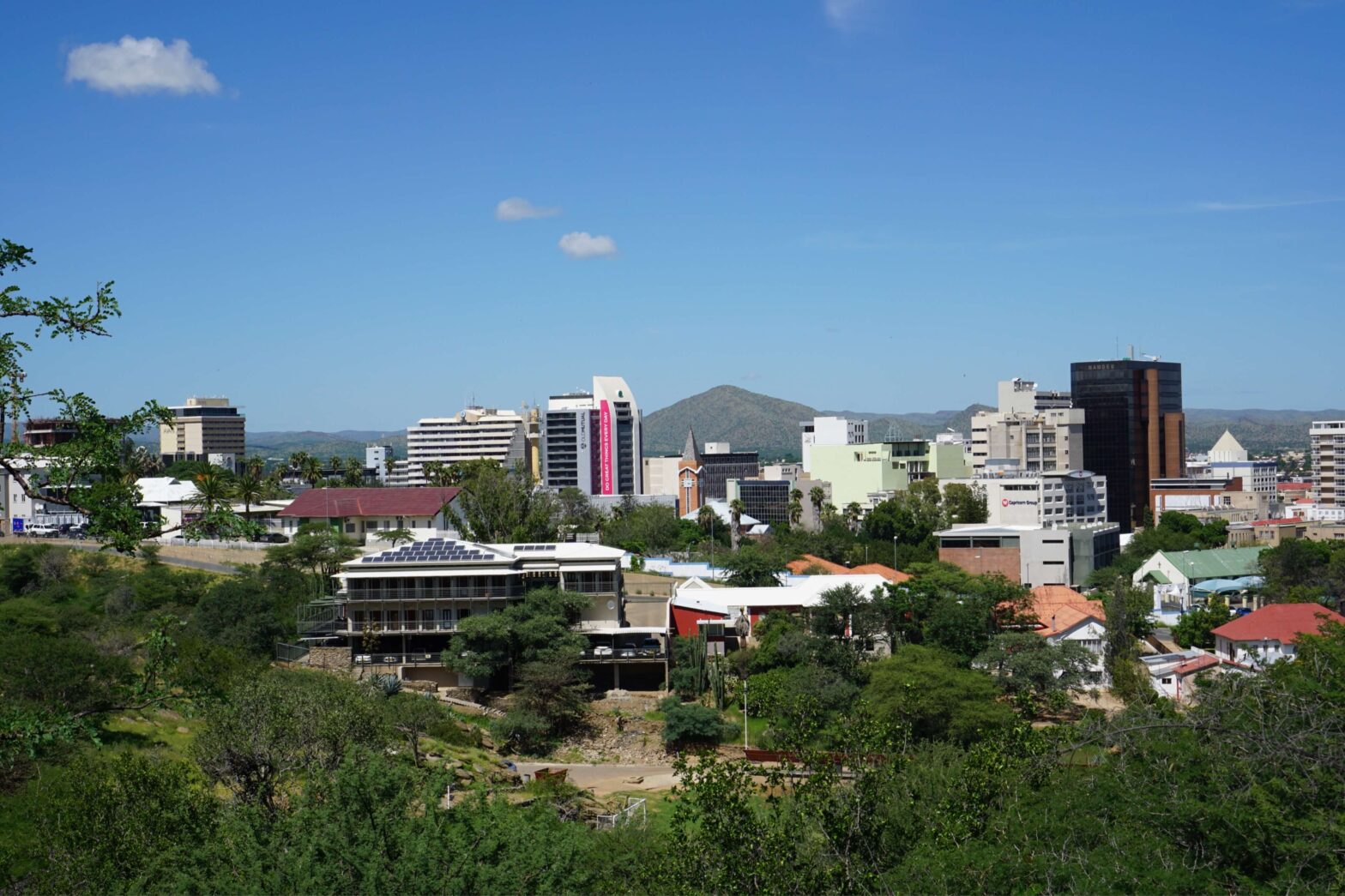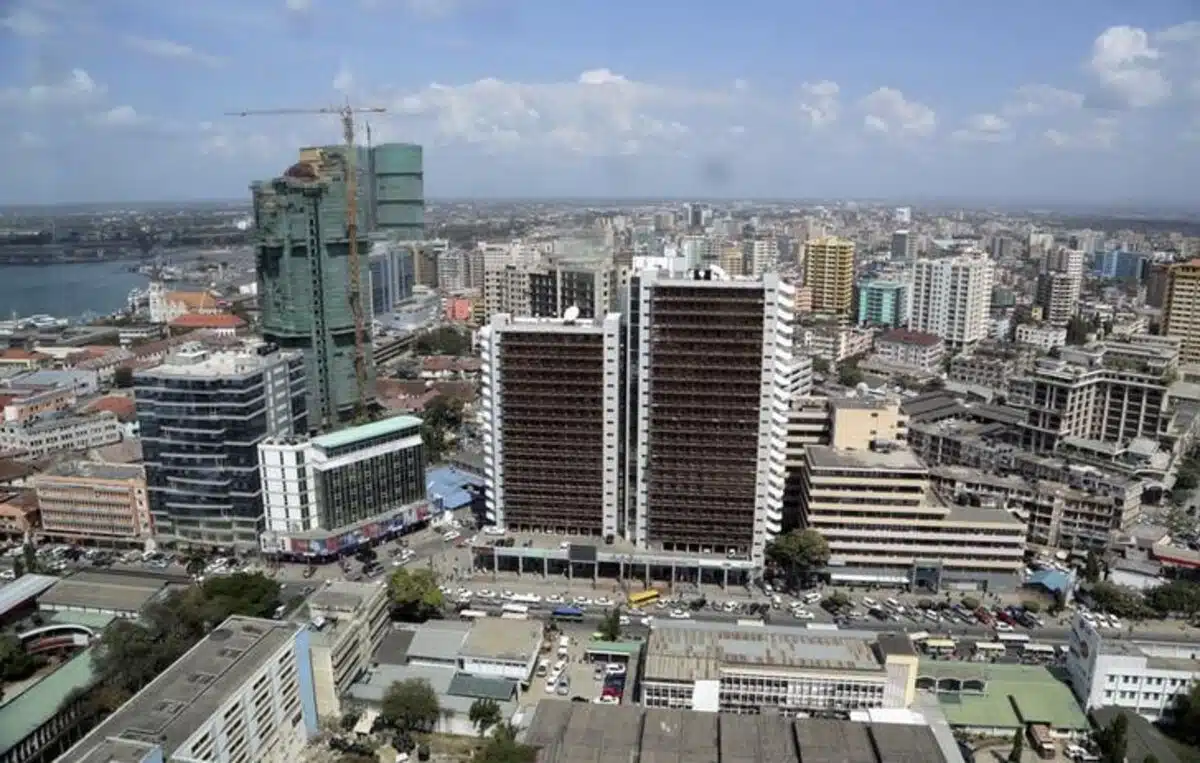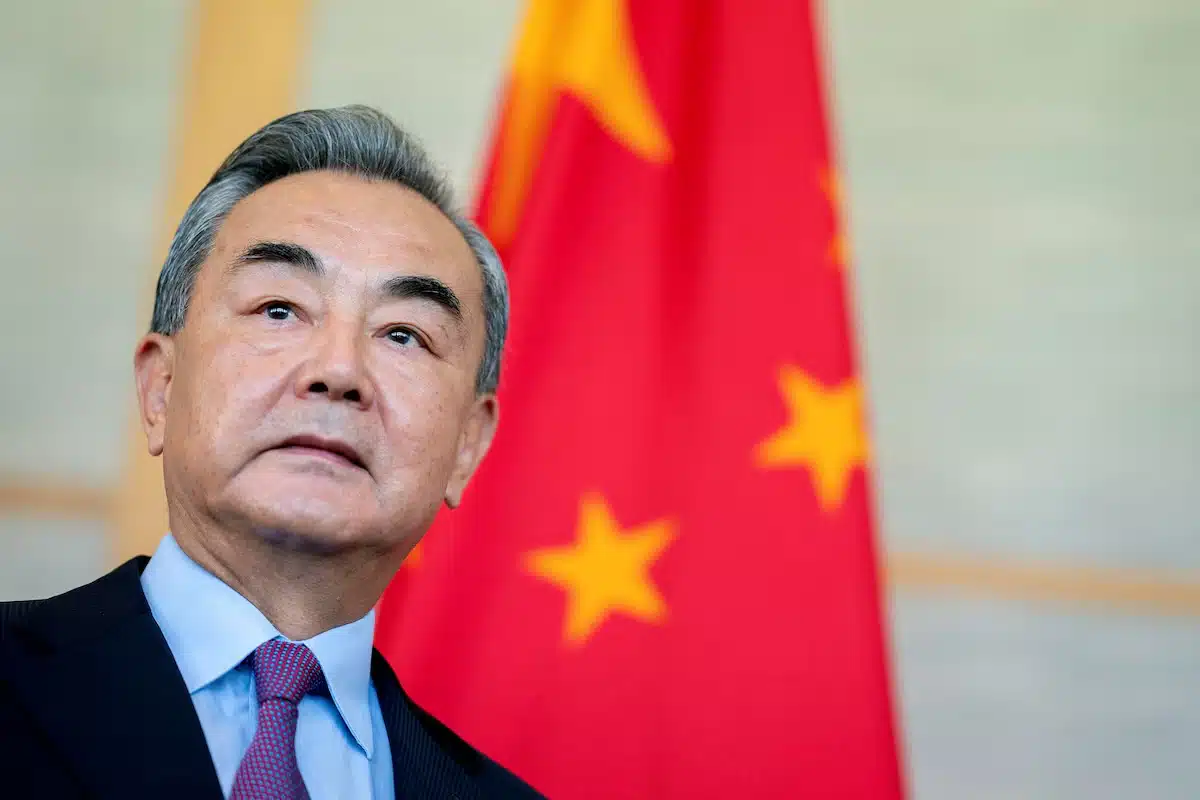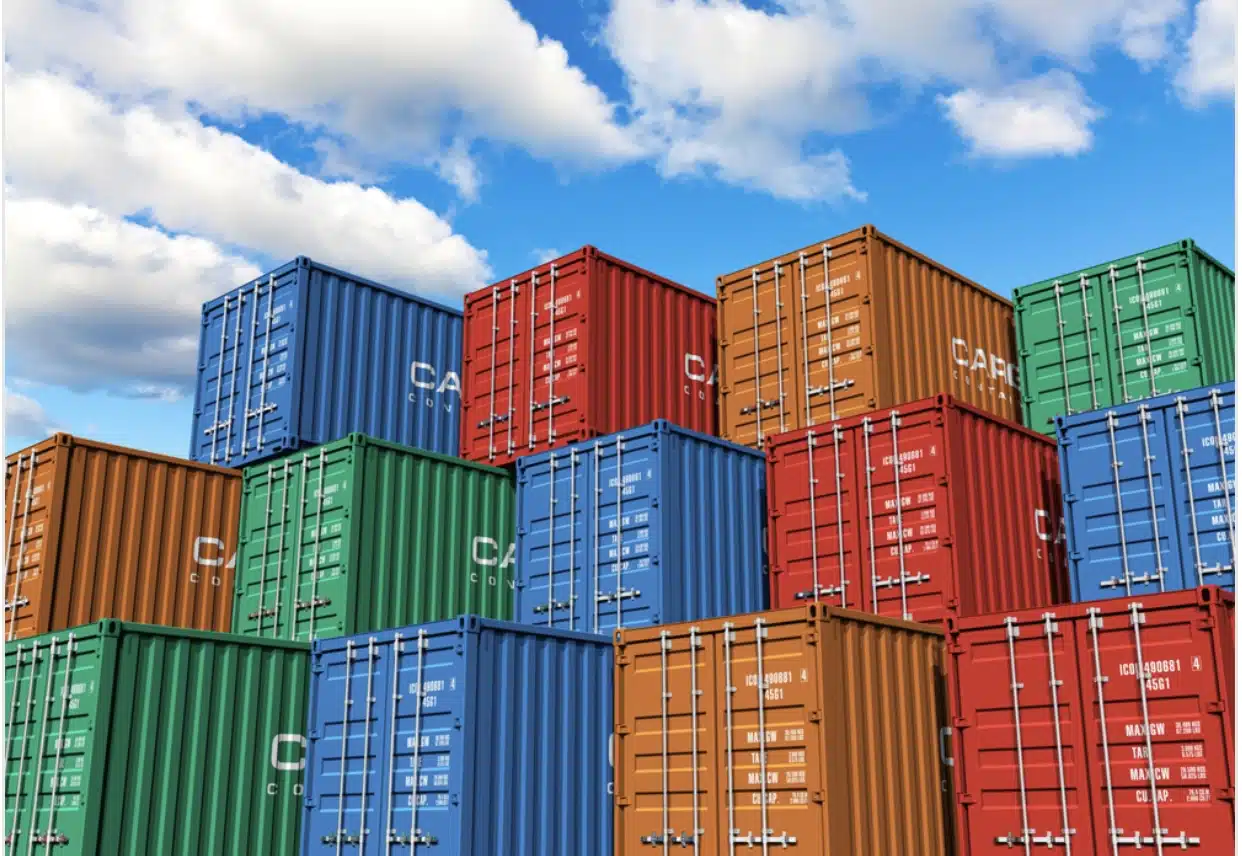Ken Ofori-Atta, Ghana’s former Minister of Finance, has been declared a wanted man once again by the Office of the Special Prosecutor (OSP), after failing to appear for questioning on Monday, reigniting controversy over his role in several high-profile spending investigations.
The renewed warrant comes just four months after the OSP removed Ofori-Atta from its wanted list.
At the time, his legal team had assured authorities that he would return to the country and cooperate with investigators.
But after missing a scheduled interrogation this week, the OSP says it is treating him as a fugitive from justice.
“It is more than three hours past the scheduled time for Mr. Ofori-Atta’s appearance,” said Special Prosecutor Kissi Agyebeng. “Consequently, the Office of the Special Prosecutor declares that Mr. Ofori-Atta is a wanted person and a fugitive from justice.”
The OSP has also started the process to issue an Interpol red alert for his arrest and extradition to Ghana.
Scrutiny over public spending casts shadow on ex-minister’s record
The investigations centre around allegations of financial mismanagement and irregular payments during Ofori-Atta’s time as finance minister.
These include spending related to the controversial National Cathedral project, the procurement of ambulance replacement parts, and other public expenditures that have been flagged for lack of transparency.
Ofori-Atta was removed from office in February 2024, after months of criticism from both the opposition and lawmakers within his own party, the New Patriotic Party (NPP). In October 2022, over 80 NPP ministers of parliament publicly demanded his resignation.
The opposition National Democratic Congress (NDC) followed with their own calls for his removal in early 2023.
Despite mounting pressure, President Nana Akufo-Addo kept him in office until early 2024, when he was replaced by Mohammed Amin Adam.
During his tenure, Ofori-Atta played a major role in Ghana’s debt restructuring efforts, which were a key condition for the $3 billion bailout secured from the International Monetary Fund (IMF) in May 2023.
While his supporters pointed to the IMF deal as a sign of his effectiveness, critics argued that he failed to control public spending and lacked transparency in handling major national projects.
The latest development is a serious setback for a government still trying to restore confidence in its financial management and anti-corruption agenda.
It also adds pressure on Ghana’s institutions to show that high-ranking officials will be held accountable, especially when large sums of public money are involved.

